Home / us-election / US Support for AfD Raises Political Temperatures Ahead of German Vote
US Support for AfD Raises Political Temperatures Ahead of German Vote
By: My India Times
5 minutes read 42Updated At: 2025-02-18
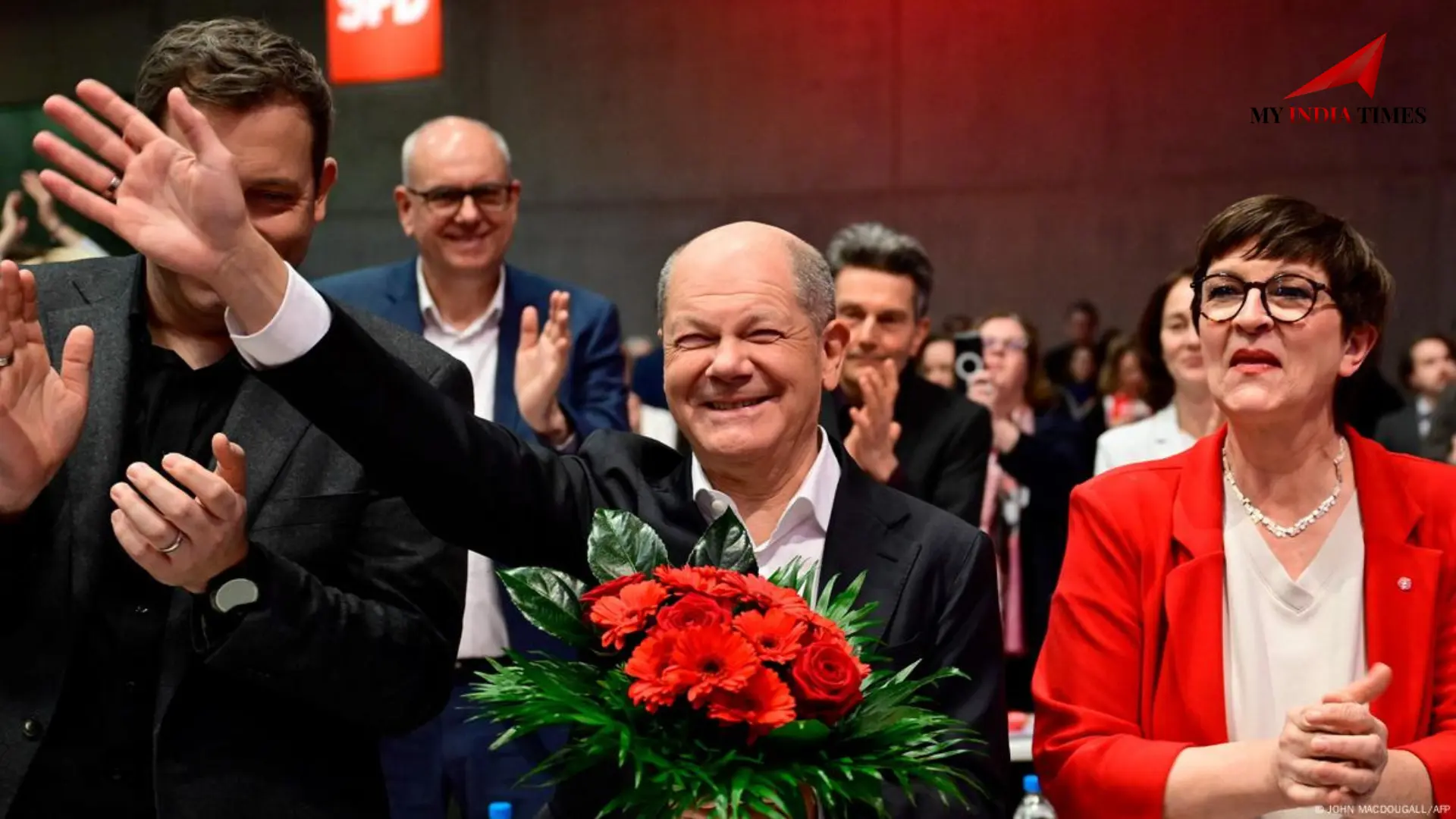
US Influence Sparks Heated Debate in Final Days of German Election Campaign
Germany has entered the last week of election campaigning, and tensions have escalated dramatically following open support from US figures for the far-right Alternative for Germany (AfD) party. With just days remaining until the pivotal February 23 election, statements from US Vice President JD Vance and billionaire Elon Musk—both allies of former US President Donald Trump—have intensified political debate in Germany.
The AfD is currently polling at an unprecedented 20 percent, positioning it as a formidable force in the upcoming election. However, all mainstream German parties have vowed to uphold a "firewall" policy, refusing to engage or cooperate with the AfD. This divide has led to large-scale protests across Germany, with tens of thousands of demonstrators taking to the streets over the weekend to voice opposition to the AfD’s growing influence.
JD Vance's Speech Ignites Political Firestorm
Vice President JD Vance further stoked the flames with a bold speech in Munich on Friday, in which he dismissed the "firewall" approach, asserting that "there is no room for firewalls" in democratic politics. His remarks not only criticized European governments for allegedly suppressing free speech but also challenged the German establishment’s stance on the AfD.
His comments became a focal point in Sunday’s high-stakes television debate featuring the four leading candidates. The debate, one of the most closely watched events of the election season, underscored the deep divisions among Germany’s top political figures.
German Leaders Push Back Against US Interference
Christian Democratic Union (CDU) leader Friedrich Merz, whose party is currently leading in the polls with around 30 percent support, strongly rebuked Vance’s statements. "I will not allow an American vice president to dictate who I can or cannot engage with in German politics," Merz declared. He also emphasized his commitment to resisting foreign interference in the country’s democratic processes.
Chancellor Olaf Scholz, representing the centre-left Social Democrats (SPD), echoed these sentiments, denouncing Vance’s intervention as "unacceptable" and reinforcing that his party would uphold the non-cooperation stance against the far-right. Meanwhile, Robert Habeck of the Greens also joined the condemnation, insisting that Germany’s political course must remain independent of external pressures.
AfD Seizes the Moment as Weidel Defends Open Dialogue
Despite the widespread criticism, AfD’s lead candidate, Alice Weidel, seized the opportunity to challenge the prevailing political narrative. "We must not build firewalls to exclude millions of voters from the outset," she argued, defending Vance’s remarks as a call for open political discourse.
Weidel further accused her opponents of alienating a significant portion of the electorate by labeling the AfD as a "radical right-wing party." She insisted that such attacks were not just directed at her party but also at its supporters. This argument appeared to resonate with sections of the audience, bolstering her presence in the debate.
Debate Performance and Polling Impact
The debate yielded no decisive knockout blows, according to Hermann Binkert, head of the polling institute INSA. However, RTL broadcaster’s post-debate poll declared Merz the winner with 32 percent of viewer support, followed by Scholz at 25 percent. Weidel and Habeck tied at 18 percent each, with Weidel's participation marking a significant moment as the first AfD candidate to appear in such a high-profile debate.
Political analysts noted that while Weidel’s "theatrically cold manner" was off-putting to some, her presence on the debate stage helped normalize the AfD’s position in the German political landscape. Der Spiegel described the debate as "a complete success" for Weidel, as it further cemented the perception that the AfD is now a mainstream political force.
Election Campaign Focus: Migration and Economic Challenges
With election day fast approaching, political parties are battling for undecided voters, who make up roughly 30 percent of the electorate according to recent surveys.
Two dominant issues continue to shape voter sentiment: migration and economic stability. A series of violent incidents, including a tragic car-ramming attack in Munich that killed a mother and her two-year-old child—allegedly carried out by an Afghan suspect—has fueled heated debates about Germany’s immigration policies.
At the same time, economic concerns remain paramount, with many voters worried about stagnation and declining living standards. The collapse of Scholz’s coalition government in November, triggered by a budget dispute, has only deepened economic uncertainty.
US-Europe Tensions Over Ukraine War
The election drama unfolds against the backdrop of growing transatlantic tensions over the Ukraine conflict, which has now dragged on for nearly three years. Former President Donald Trump has taken a unilateral approach, sidelining European leaders by directly negotiating with Russian President Vladimir Putin to seek an end to hostilities.
Chancellor Scholz made it clear during the debate that Europe must have a seat at the table in any peace negotiations. "No decisions will be made over Kyiv’s head – we Europeans will not allow that," he asserted.
Habeck went even further, accusing the Trump administration of launching "a frontal attack on the Western community of values." His remarks underscored the broader unease among European leaders about shifting US policies and their implications for EU stability.
The Final Countdown: Germany Prepares for a Defining Election
As the final stretch of campaigning unfolds, all eyes remain on how these unfolding tensions—both domestic and international—will shape voter behavior. The CDU/CSU remains the frontrunner, but with a high percentage of undecided voters and the AfD gaining momentum, the outcome remains uncertain.
With just days left before Germany heads to the polls, the stakes have never been higher. The political landscape is more polarized than ever, and the influence of external actors—whether from Washington or Moscow—only adds to the complexity of what is shaping up to be a historic election.
....
US Influence Sparks Heated Debate in Final Days of German Election Campaign
Germany has entered the last week of election campaigning, and tensions have escalated dramatically following open support from US figures for the far-right Alternative for Germany (AfD) party. With just days remaining until the pivotal February 23 election, statements from US Vice President JD Vance and billionaire Elon Musk—both allies of former US President Donald Trump—have intensified political debate in Germany.
The AfD is currently polling at an unprecedented 20 percent, positioning it as a formidable force in the upcoming election. However, all mainstream German parties have vowed to uphold a "firewall" policy, refusing to engage or cooperate with the AfD. This divide has led to large-scale protests across Germany, with tens of thousands of demonstrators taking to the streets over the weekend to voice opposition to the AfD’s growing influence.
JD Vance's Speech Ignites Political Firestorm
Vice President JD Vance further stoked the flames with a bold speech in Munich on Friday, in which he dismissed the "firewall" approach, asserting that "there is no room for firewalls" in democratic politics. His remarks not only criticized European governments for allegedly suppressing free speech but also challenged the German establishment’s stance on the AfD.
His comments became a focal point in Sunday’s high-stakes television debate featuring the four leading candidates. The debate, one of the most closely watched events of the election season, underscored the deep divisions among Germany’s top political figures.
German Leaders Push Back Against US Interference
Christian Democratic Union (CDU) leader Friedrich Merz, whose party is currently leading in the polls with around 30 percent support, strongly rebuked Vance’s statements. "I will not allow an American vice president to dictate who I can or cannot engage with in German politics," Merz declared. He also emphasized his commitment to resisting foreign interference in the country’s democratic processes.
Chancellor Olaf Scholz, representing the centre-left Social Democrats (SPD), echoed these sentiments, denouncing Vance’s intervention as "unacceptable" and reinforcing that his party would uphold the non-cooperation stance against the far-right. Meanwhile, Robert Habeck of the Greens also joined the condemnation, insisting that Germany’s political course must remain independent of external pressures.
AfD Seizes the Moment as Weidel Defends Open Dialogue
Despite the widespread criticism, AfD’s lead candidate, Alice Weidel, seized the opportunity to challenge the prevailing political narrative. "We must not build firewalls to exclude millions of voters from the outset," she argued, defending Vance’s remarks as a call for open political discourse.
Weidel further accused her opponents of alienating a significant portion of the electorate by labeling the AfD as a "radical right-wing party." She insisted that such attacks were not just directed at her party but also at its supporters. This argument appeared to resonate with sections of the audience, bolstering her presence in the debate.
Debate Performance and Polling Impact
The debate yielded no decisive knockout blows, according to Hermann Binkert, head of the polling institute INSA. However, RTL broadcaster’s post-debate poll declared Merz the winner with 32 percent of viewer support, followed by Scholz at 25 percent. Weidel and Habeck tied at 18 percent each, with Weidel's participation marking a significant moment as the first AfD candidate to appear in such a high-profile debate.
Political analysts noted that while Weidel’s "theatrically cold manner" was off-putting to some, her presence on the debate stage helped normalize the AfD’s position in the German political landscape. Der Spiegel described the debate as "a complete success" for Weidel, as it further cemented the perception that the AfD is now a mainstream political force.
Election Campaign Focus: Migration and Economic Challenges
With election day fast approaching, political parties are battling for undecided voters, who make up roughly 30 percent of the electorate according to recent surveys.
Two dominant issues continue to shape voter sentiment: migration and economic stability. A series of violent incidents, including a tragic car-ramming attack in Munich that killed a mother and her two-year-old child—allegedly carried out by an Afghan suspect—has fueled heated debates about Germany’s immigration policies.
At the same time, economic concerns remain paramount, with many voters worried about stagnation and declining living standards. The collapse of Scholz’s coalition government in November, triggered by a budget dispute, has only deepened economic uncertainty.
US-Europe Tensions Over Ukraine War
The election drama unfolds against the backdrop of growing transatlantic tensions over the Ukraine conflict, which has now dragged on for nearly three years. Former President Donald Trump has taken a unilateral approach, sidelining European leaders by directly negotiating with Russian President Vladimir Putin to seek an end to hostilities.
Chancellor Scholz made it clear during the debate that Europe must have a seat at the table in any peace negotiations. "No decisions will be made over Kyiv’s head – we Europeans will not allow that," he asserted.
Habeck went even further, accusing the Trump administration of launching "a frontal attack on the Western community of values." His remarks underscored the broader unease among European leaders about shifting US policies and their implications for EU stability.
The Final Countdown: Germany Prepares for a Defining Election
As the final stretch of campaigning unfolds, all eyes remain on how these unfolding tensions—both domestic and international—will shape voter behavior. The CDU/CSU remains the frontrunner, but with a high percentage of undecided voters and the AfD gaining momentum, the outcome remains uncertain.
With just days left before Germany heads to the polls, the stakes have never been higher. The political landscape is more polarized than ever, and the influence of external actors—whether from Washington or Moscow—only adds to the complexity of what is shaping up to be a historic election.
By: My India Times
Updated At: 2025-02-18
Tags: us-election News | My India Times News | Trending News | Travel News
Join our WhatsApp Channel




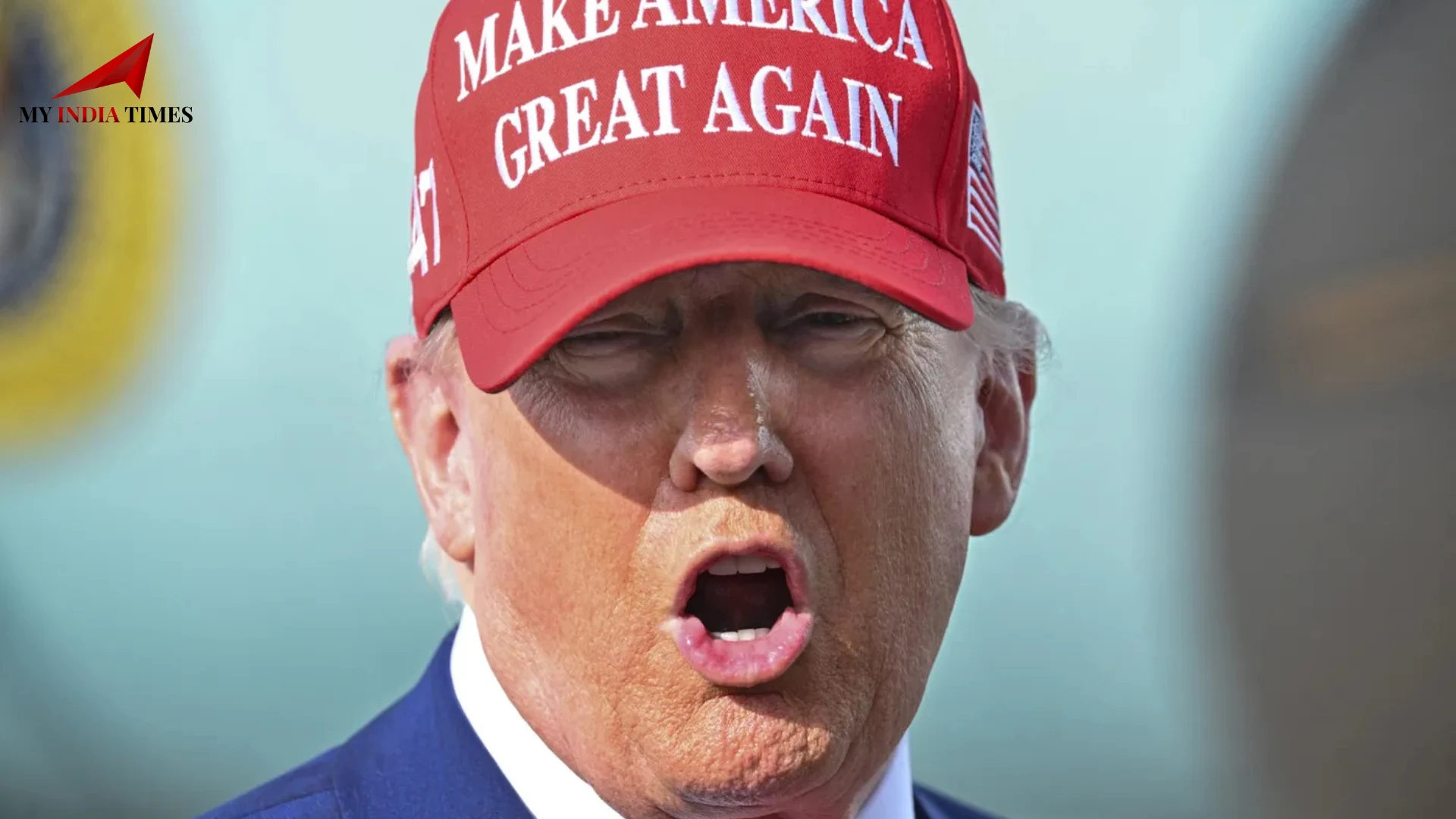
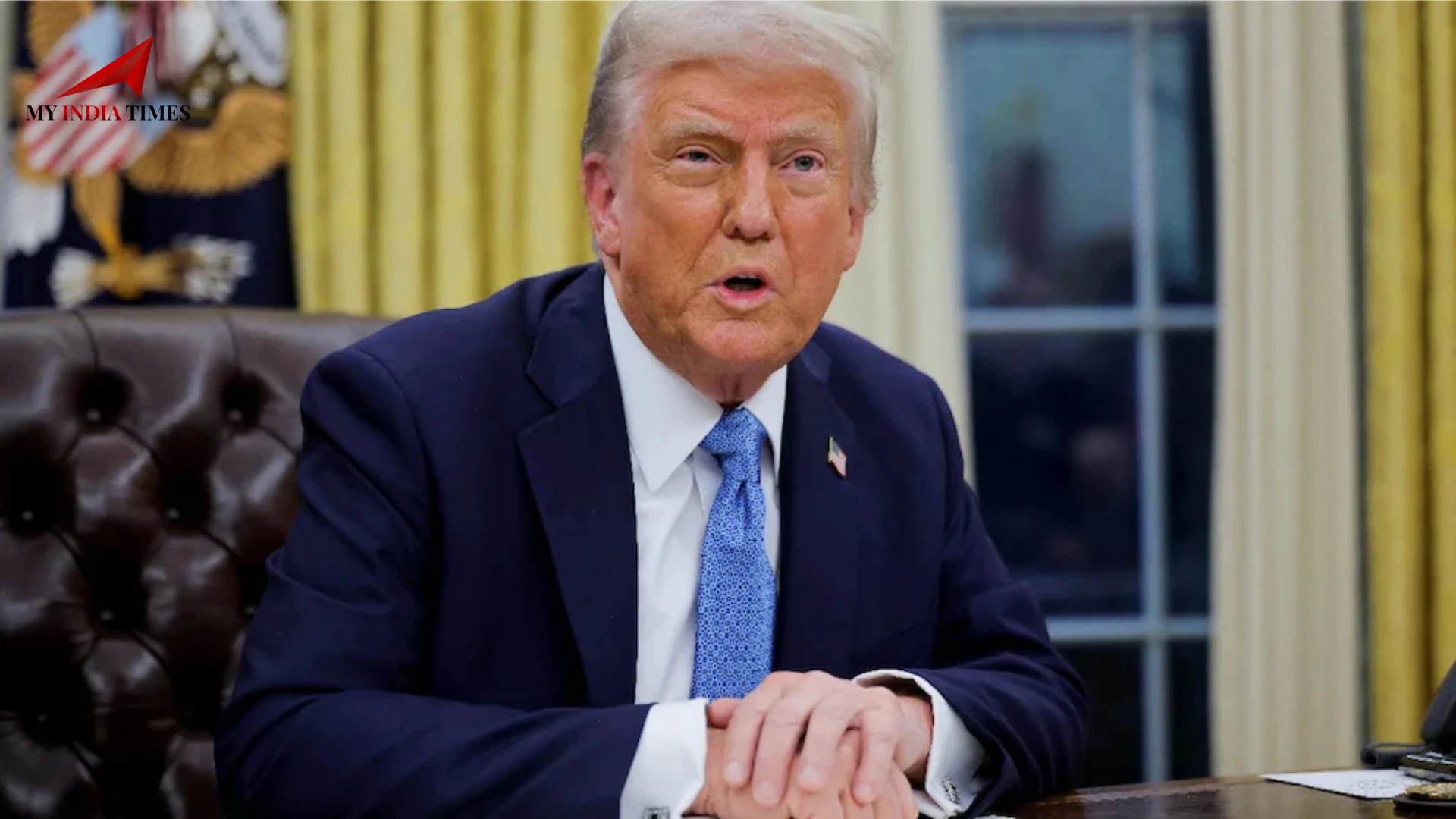
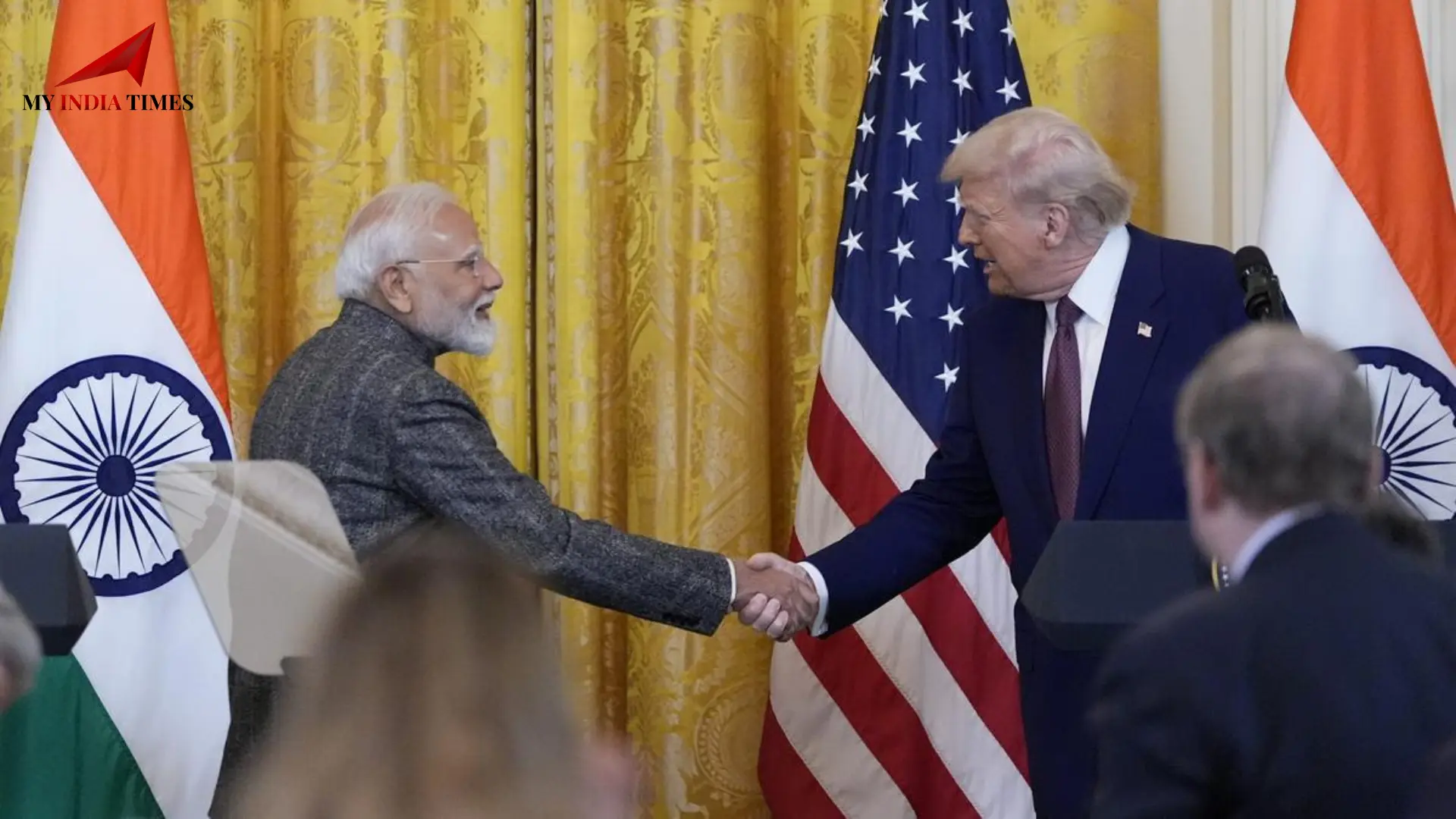

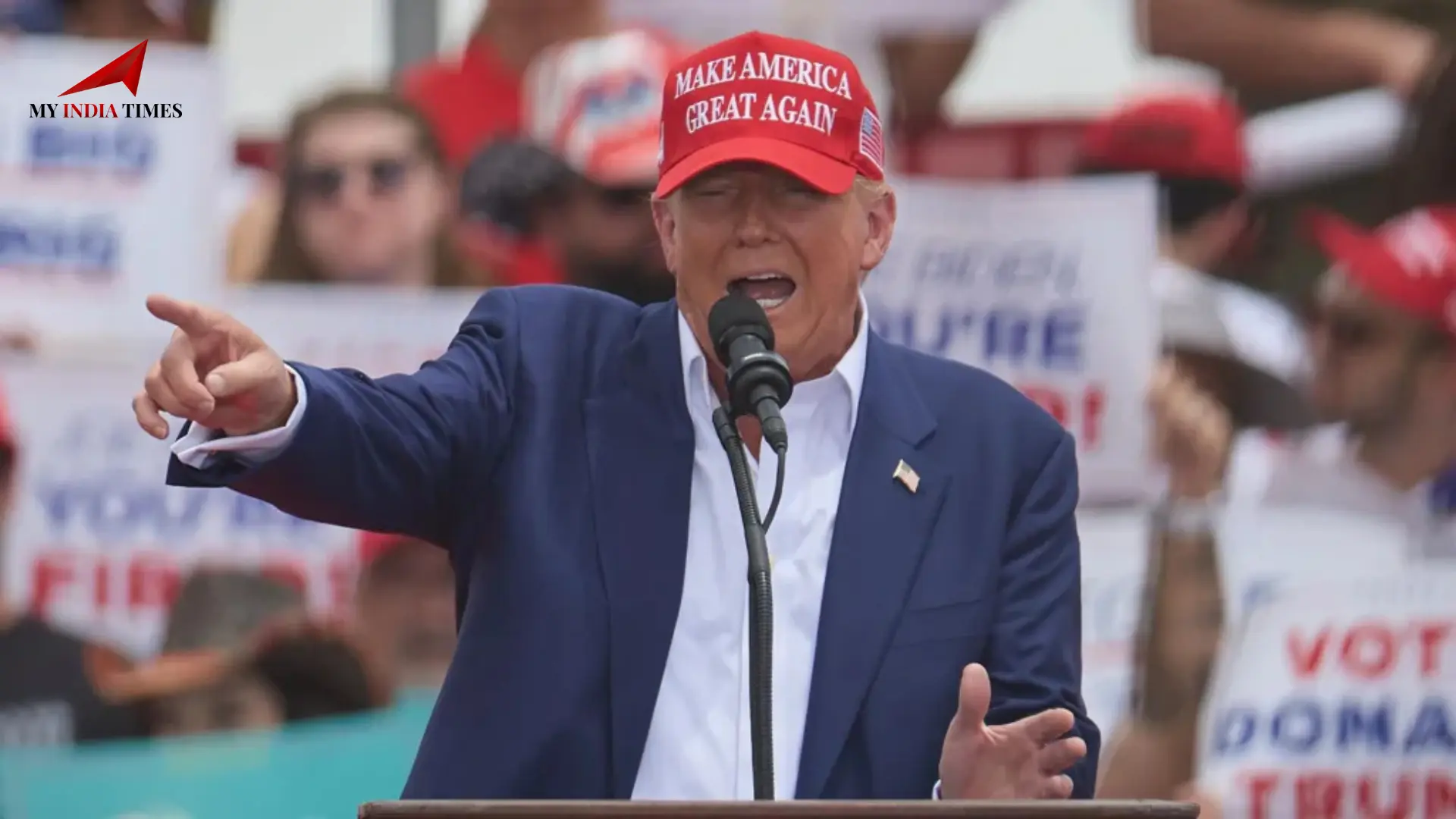
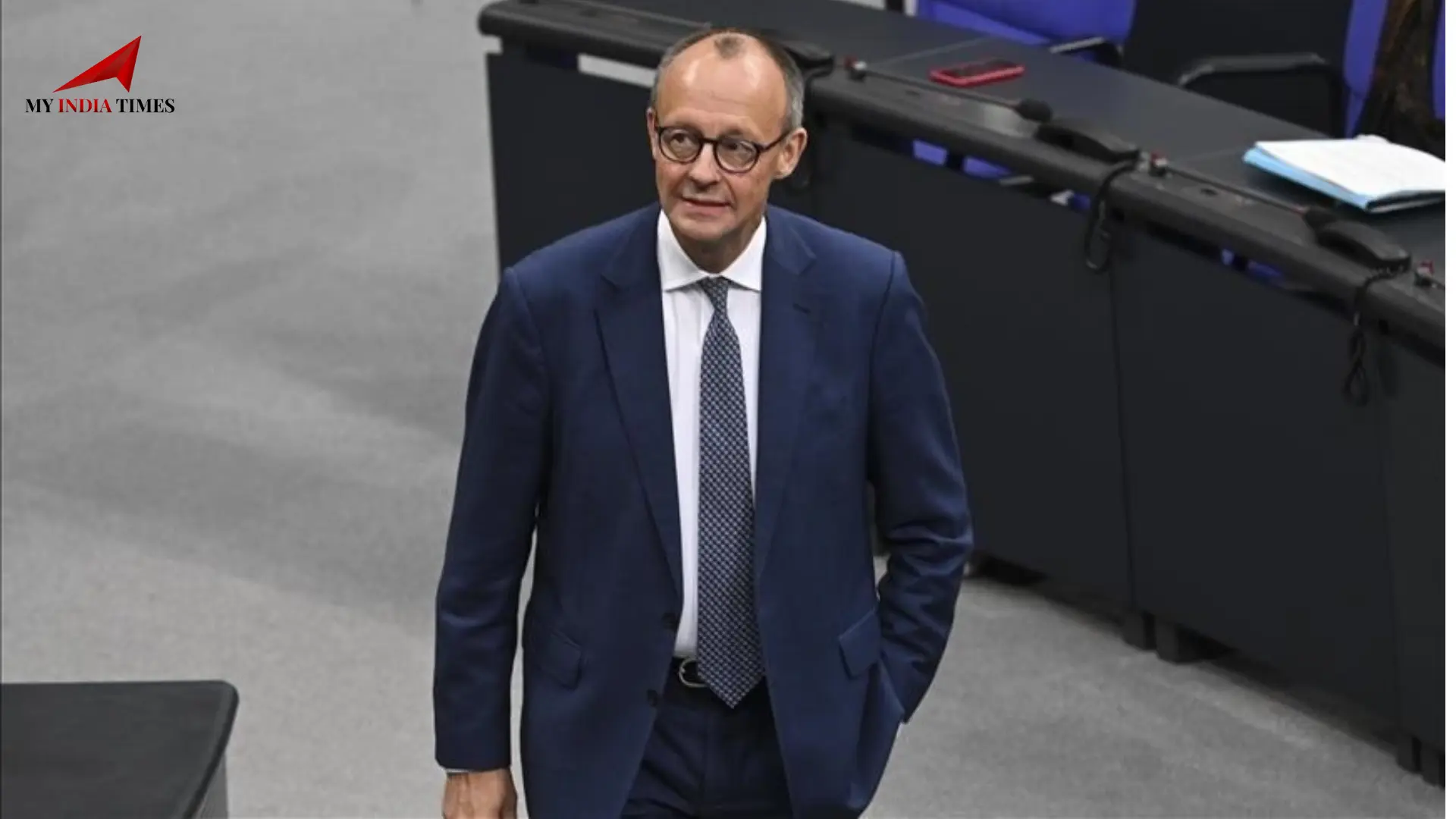
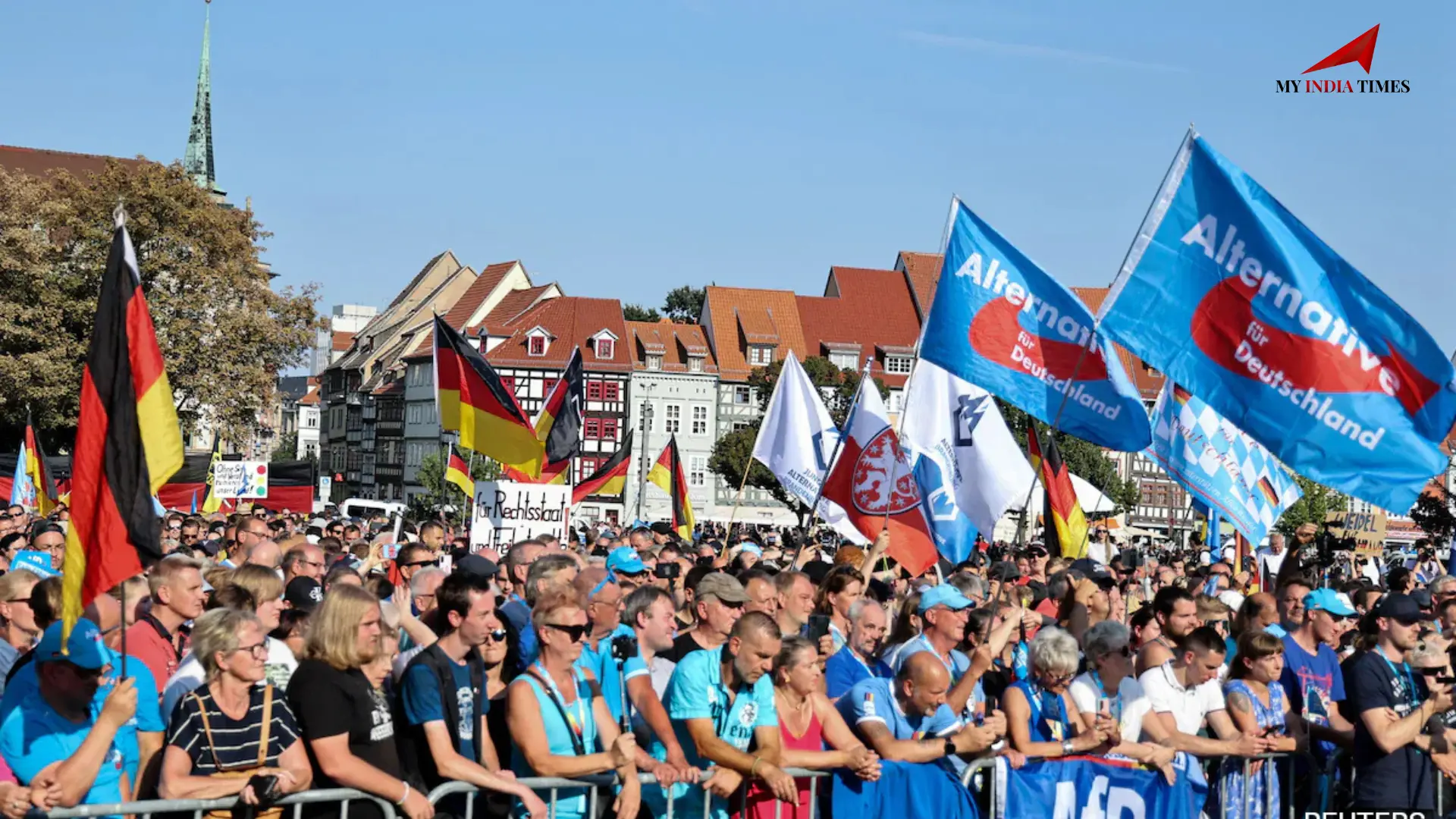
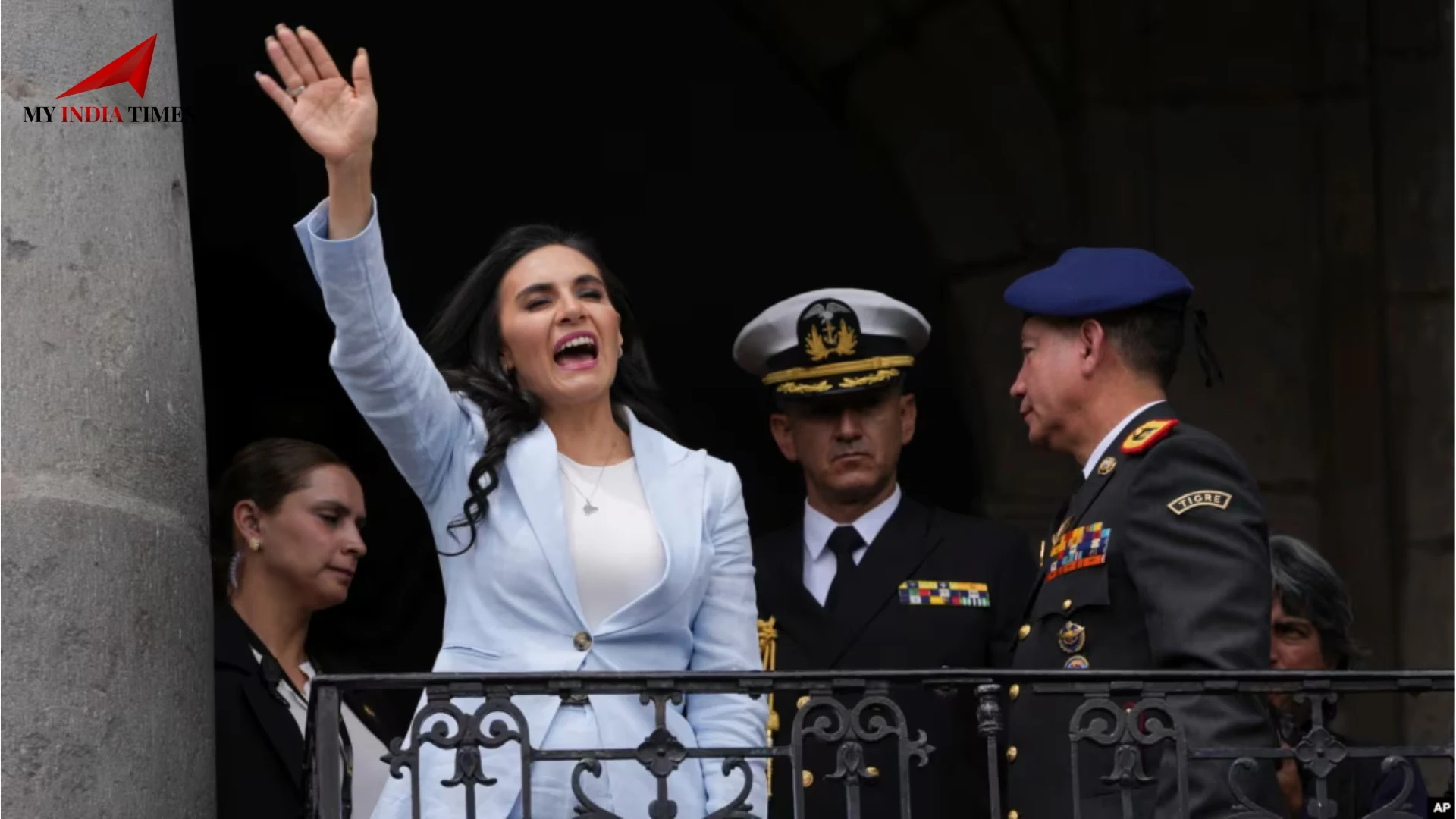
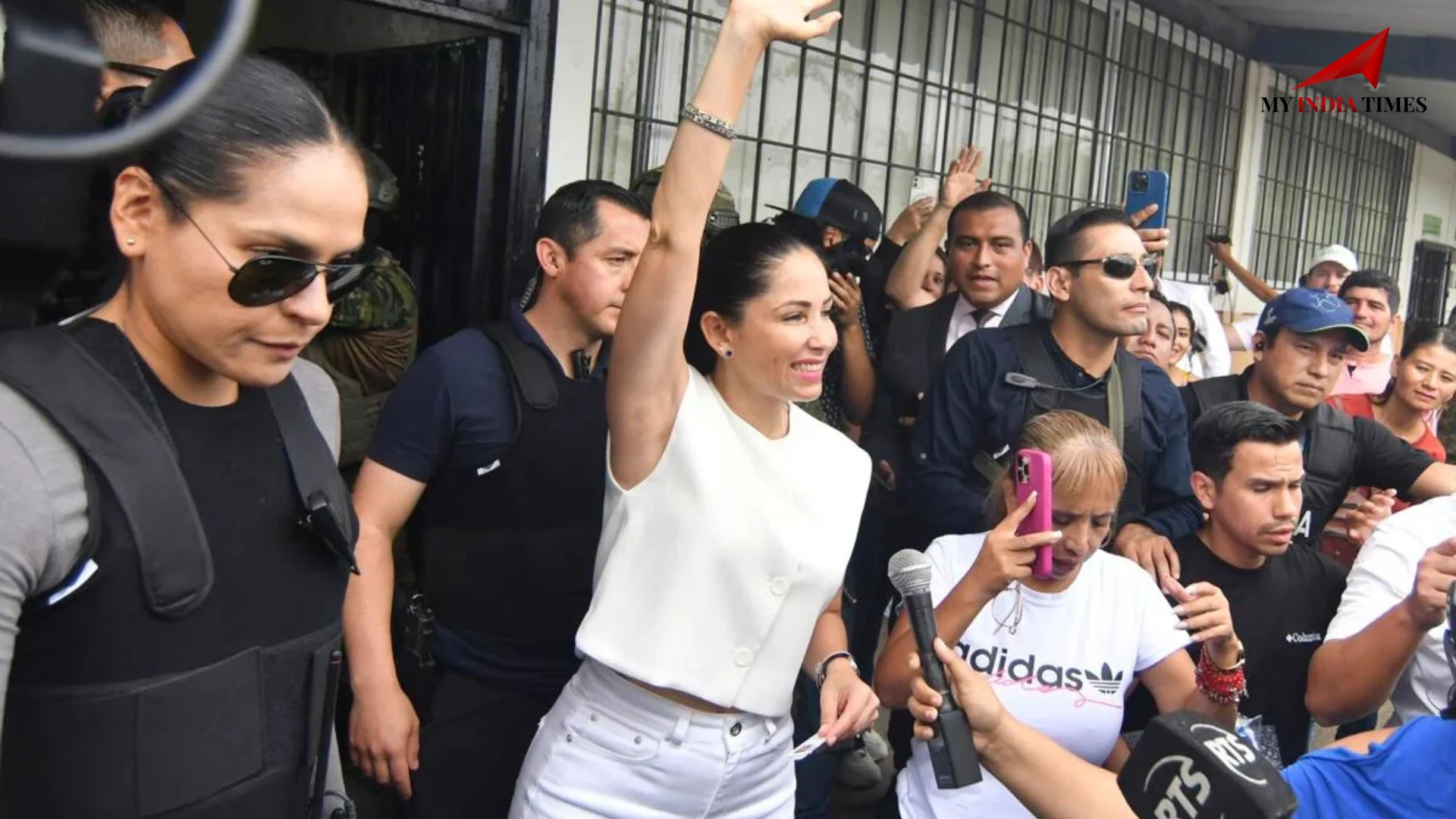
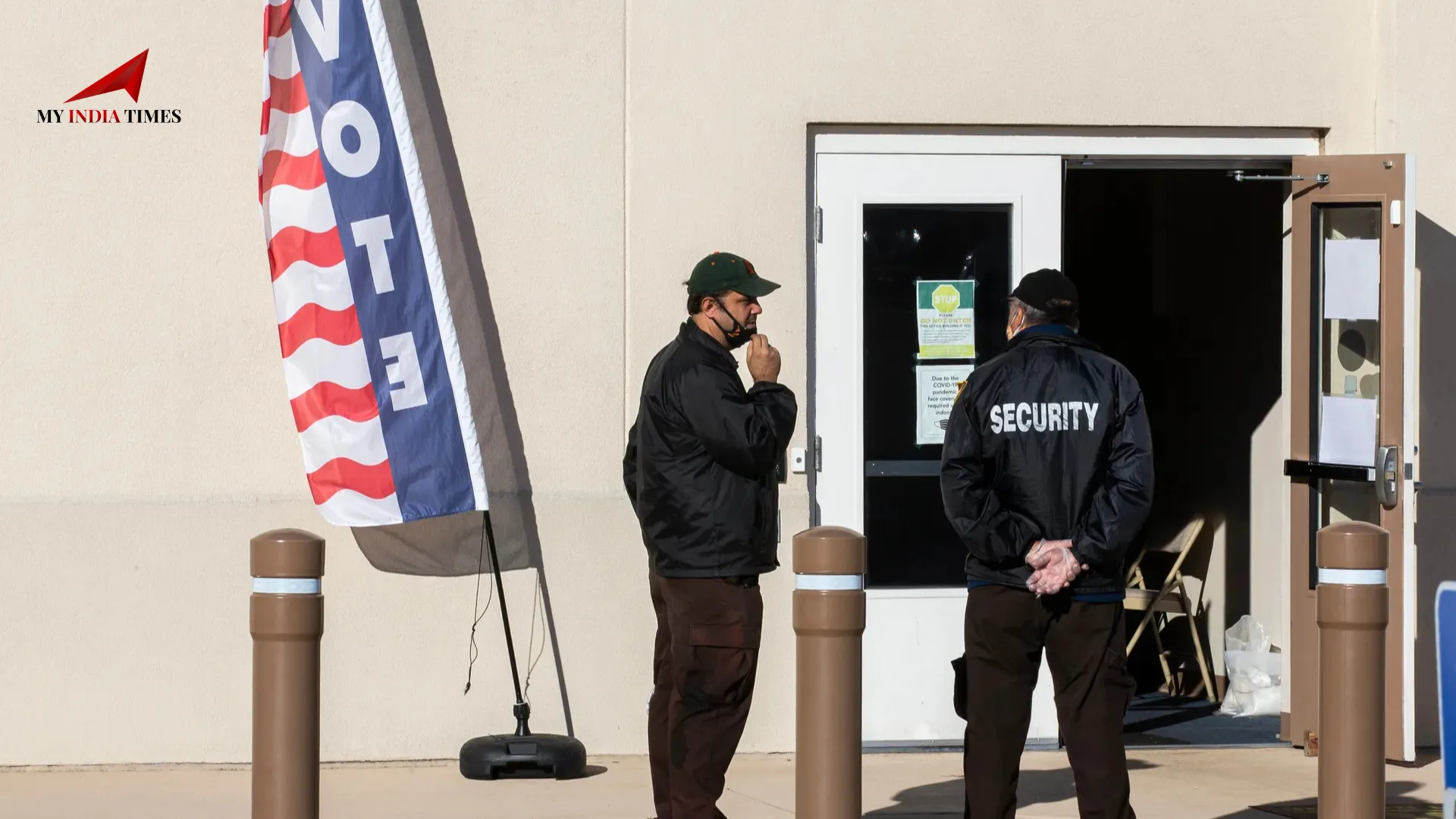
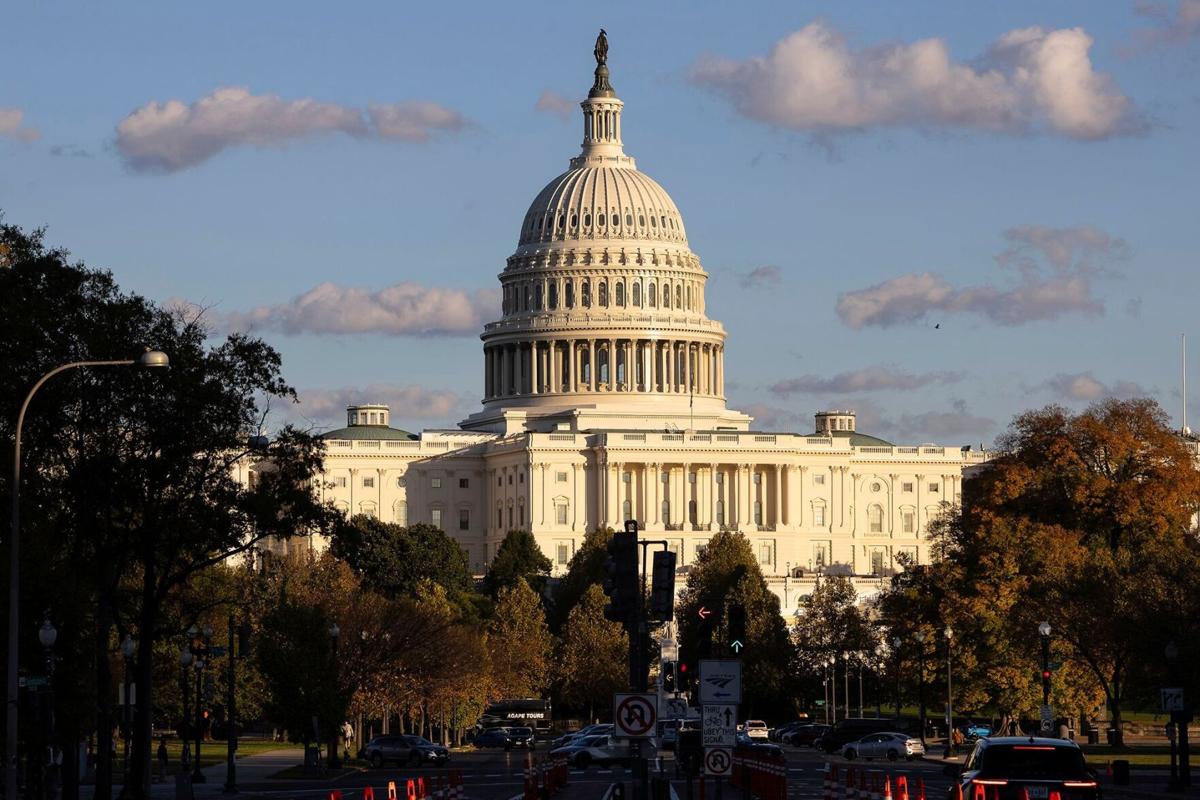

























































































.png)
 (1).png)























